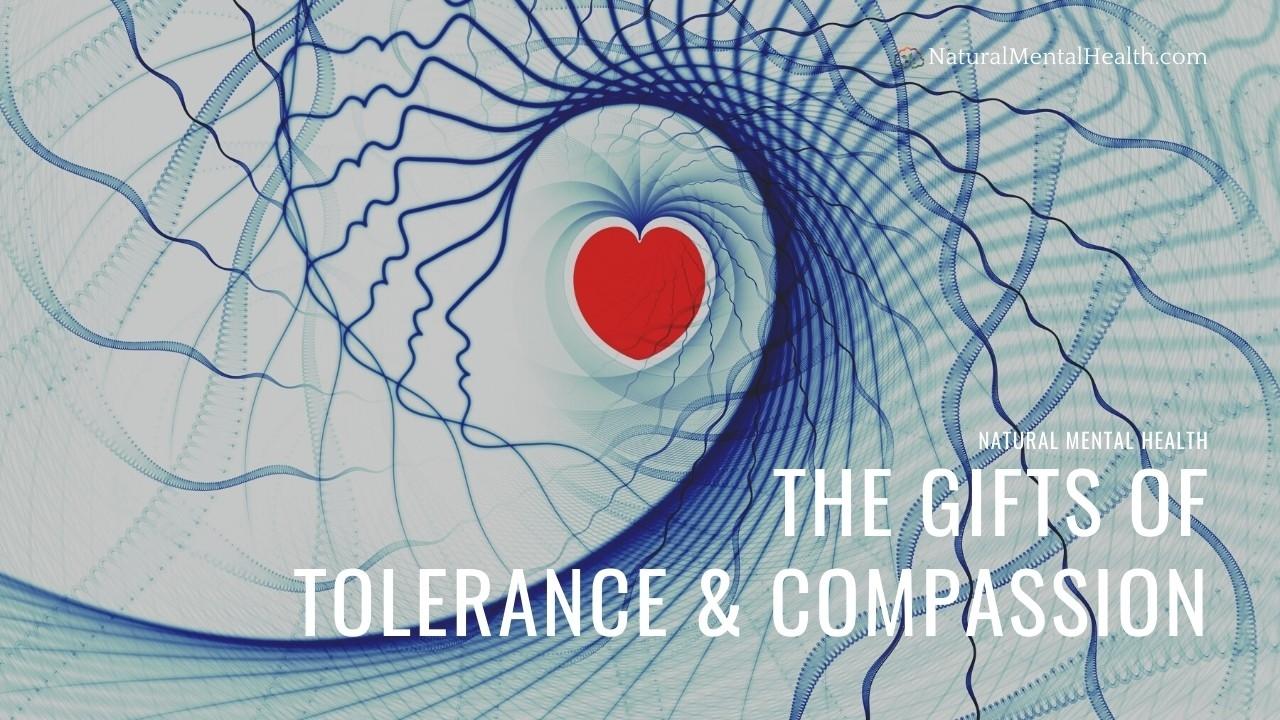
The Gifts of Tolerance and Compassion
Jan 21, 2021By Tim Culbert, MD
As an integrative, developmental pediatrician, I’m often asked how I deal with a constant flow of defiant, agitated, or hyperactive boys and girls who come in with their frustrated and burned out parents. It’s a fair question.
It may just be my wiring, but all that negative energy doesn’t get to me all that much. I actually enjoy the intense, creative, and outspoken kids and teens and can appreciate what I like to think of as their “leadership qualities.”
Of course, there are days when my emotional and cognitive reserves are low, and I experience compassion fatigue and get irritated or stressed myself. I have learned to practice self-care skills to help myself along on these more challenging days—techniques such as breathing, meditation, and inhaling my favorite essential oils to rebalance my mind/body/spirit. It’s on these more difficult days that I also recall the story of The Bengali Tea Boy which reminds me to be thankful for all of those intense boys, girls and parents, and appreciate them for what they have to teach me—especially when they start to drive me NUTS!
The story of The Bengali Tea Boy goes something like this….
There was a great Buddhist meditation teacher named Atisha who was traveling to Tibet to meet with the people there. He had heard that, in general, the people of Tibet were all very good-natured, open-minded, and flexible. He chose to bring with him a mean-tempered tea boy to keep himself “on his toes” and to stay aware. Tea ceremonies are generally intended to be peaceful, methodical, and slow-paced rituals which serve as a contemplative experience for those involved. The Bengali Tea Boy’s ceremonies were different. He broke dishes, threw plates, spilled the tea, shouted, and was quite annoying to all involved. His tea ceremonies were a chaotic mess. Nonetheless, the meditation teacher chose to continue to bring the Bengali Tea Boy with him wherever he went. When asked why he continued to employ this terrible tea boy, Atisha stated “I want him with me because he is my greatest teacher. He reminds me to be patient. He reminds me to be compassionate. And, he gives me many opportunities to practice tolerance.”
Other wise folks agree:
"Be grateful to everyone"
-Pema Chodron
In their 1998 book The Art of Happiness, The Dalai Lama and Howard Cutler noted:
“In fact, the enemy is the necessary condition for practicing patience…Our friends do not ordinarily test us and provide the opportunity to cultivate patience; only our enemies do this. So, from this standpoint we can consider our enemy as the great teacher, and revere them for giving us this precious opportunity to practice tolerance”
Do you know someone that you can apply the lessons of The Bengali Tea Boy story?
As you encounter folks who you may find to be difficult or irritating, you may want to consider repeating to yourself quietly, “Bengali Tea Boy, Bengali Tea Boy, Bengali Tea Boy.” to remind yourself of this story. Pause, take a breath, and be thankful for the chance to practice tolerance, patience, kindness, and compassion as presented to you.







